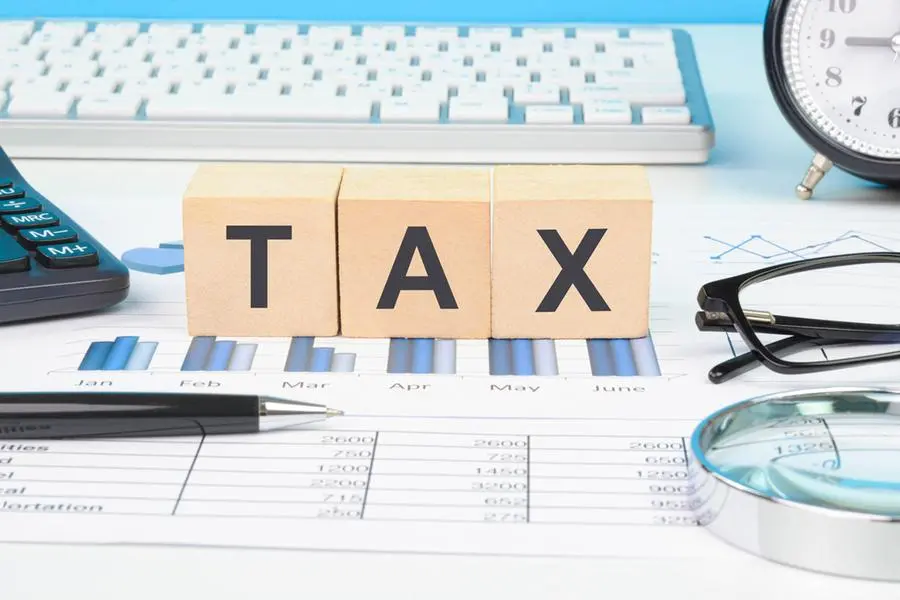PHOTO
The Chairman, Presidential Fiscal Policy and Tax Reforms Committee has denied claims that certain provisions of the tax bills seek to introduce tax collection by consultants or third parties.
Mr. Oyedele provided the clarifications via his X handle (formerly known as Twitter) by answering the key questions that have been raised.
Responding to the question on if there provisions in the new tax bills seeking to introduce consultants for tax assessment and collection, Mr. Oyedele said, “No. There is no provision in the tax bills seeking to introduce consultants for tax collection.
“In fact, section 19(3) of the Nigeria Revenue Service (Establishment) Bill specifically prohibits the engagement of consultants for the assessment or collection of taxes on behalf of the tax authority.
“The section empowers the Revenue Service to appoint and employ consultants, accountants, other professionals or agents where necessary for the performance of its duties provided that such consultants shall not carry out the duties of assessment or collection of tax, tax compliance or enforcement activities, or routine responsibilities of tax officials.”
ALSO READ: Pass tax reform bills into laws without delay, Afenifere, US Chapter charges NASS
On the purpose of section 69 of the Nigeria Tax Administration Bill which provides that a relevant tax authority may deploy any technology, including third party payment processing platform or computer application to collect or remit taxes, he said, “This is not a new introduction. The provision currently exists under section 25 of the FIRS Establishment Act 2007 as amended by the Finance Act of 2021.
“The tax bills only retain the provision to empower the tax authorities to seamlessly automate tax administration and link up with taxpayers for ease of tax compliance.
“The necessary applications and payment solutions may be developed by the relevant tax authority or procured from third parties.
“This is a common practice globally for tax administration, and in principle, it is not different from the way a public or private sector organisation such as banks and online stores, use third party applications for payments.”
Reacting to how to ensure there is effective governance and transparency where third party applications are adopted, Mr. Oyedele highlighted that “The First Schedule to the Nigeria Revenue Service (Establishment) Bill sets out a governance framework for the activities of the tax authority including measures to prevent conflict of interest.
“Also, section 26 requires the tax authority to submit a report of its activities periodically to the finance minister including audited accounts. In turn, the minister is required to present the report to the Federal Executive Council and the National Assembly.”
Copyright © 2022 Nigerian Tribune Provided by SyndiGate Media Inc. (Syndigate.info).




















